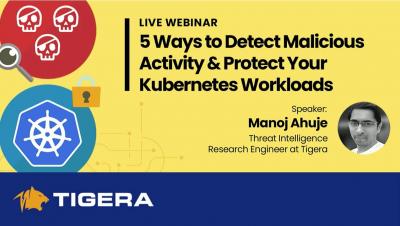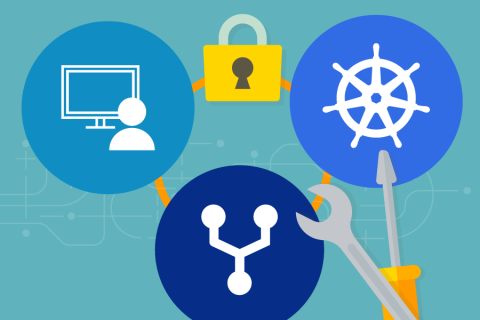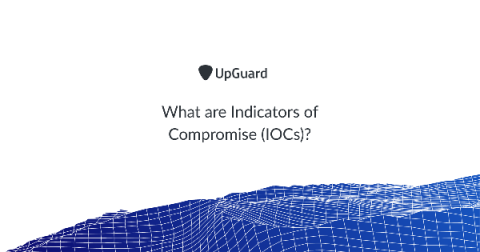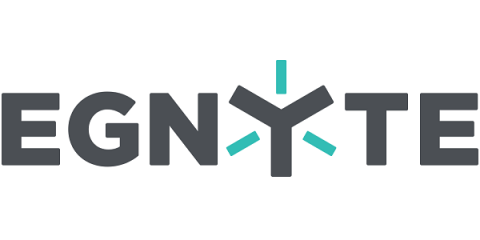Security | Threat Detection | Cyberattacks | DevSecOps | Compliance
%term
5 Ways to Detect Malicious Activity & Protect Your Kubernetes Workloads
Top Cloud Security Resources: Certifications, Events and Social Media
Context setting: In my first article on cloud security, I talked about the journey to cloud migration. What are the things you need to consider when planning the big move? To realize the full value of this post, you must have already identified the motivations for migration and the locations of some resources you can use to enhance your security posture within yourself and/or your team.
Enforcing Network Security Policies with GitOps - Part 1
“How do I enable GitOps for my network security policies?” This is a common question we hear from security teams. Getting started with Kubernetes is relatively simple, but moving production workloads to Kubernetes requires alignment from all stakeholders – developers, platform engineering, network engineering, and security. Most security teams already have a high-level security blueprint for their data centers.
Logs Are Back-and Other Takeaways from AWS re:Invent
This month Devo exhibited at the AWS re:Invent conference in Las Vegas. I asked a few Devo colleagues who attended the show for their insights about what they heard and saw. Among the many visitors to the Devo booth there were a lot of similar questions about log management and related topics. “There were many log vendors at the show, so people wanted to hear what makes Devo unique,” said Seema Sheth-Voss, vice president, product marketing, for Devo.
Cybersecurity Audit Checklist
Today’s network and data security environments are complex and diverse. There are hundreds of pieces to a security system and all of those pieces need to be looked at individually and as a whole to make sure they are not only working properly for your organization, but also safe and not posing a security threat to your company and your data or the data of your customers.
What are Indicators of Compromise (IOCs)?
Indicators of compromise (IOCs) are pieces of forensic data, such as system log entries, system files or network traffic that identify potentially malicious activity on a system or network. Digital forensics security analysts and information security professionals use indicators of compromise to detect data breaches, malware infections and other security incidents.
Plights of the Round Table - A Tale of Weighing Risk
In an ornate boardroom, a group of executives gathered at a large round table for their annual strategic planning meeting. Morgan, the CEO, was surrounded by Lana, the VP of Sales; Susan, the CISO, Smith, the COO; and Barbara, Chief Compliance Officer. There was much to get done in the next twelve months, so they were passionately debating how best to invest their limited budget to achieve their goals and to address various sources of risk.
Looking to Drive down the Cost of Doing Business? Use Managed Services
Businesses are always looking for ways to control and reduce the cost of doing business as well as gain a competitive advantage over their respective competitors. The constant pressure of doing more with less has introduced many offerings designed to reduce the cost and complexity of the IT/OT infrastructures that support the business. Let’s take a look at some offerings that have been introduced to address these challenges.
Thoughts on $100 Million ARR, and Looking to the Future
As the year comes to a close, it’s normal for CEOs to reflect on the preceding 12 months. This is a special time in the history of Egnyte, so this look-back can only be done with the additional perspective of the past 12 years, as well as a look forward to 2020.









